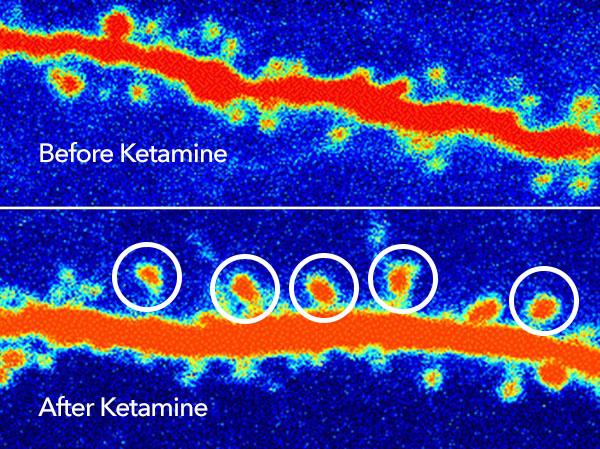Is Ketamine Assisted Therapy Right For You?
Ketmine-assisted therapy is an excellent choice for people that have treatment-resistant mental health conditions like depression, anxiety, OCD, and PTSD. Ketamine Assisted Therapy offers a new hope that healing is possible when other treatments are not working.
Ketamine offers a 75% success rate in comparison to Prozac, which has a 12% success rate. Ketamine treatment is also ideal for people who don’t want to take medication daily or have struggled with side effects from medication. For people already taking medication it may be possible to reduce or eliminate some of your current medication.
Despite the success rate of Ketamine Therapy, there are contraindications and it is not for everyone. Speaking with our providers will help to determine if KAT is best for you.

What is Ketamine?
Ketamine is recognized or classed as a dissociative anesthetic, and is a pharmaceutical compound. Ketamine’s fast onset of action, safety, and rather short duration has made it a popular choice in hospitals since the 1970’s, but has been gaining attention because of its effectiveness in treating chronic treatment-resistant mental health conditions like depression, PTSD, OCD, and other psychiatric diagnoses. Our program consists of three phases: preparation, experience, and integration. These three phases are key to sustaining change.
Phase 1: Preparation
Medical intake, assessment, education, treatment goals, and setting a loose intention for the Ketamine experience.
Phase 2: Experience
Phase 3: Integration
The “integration phase” phase is ongoing after treatment to reinforce and support the healing process. Integration is done through means of talk therapy/ verbal processing, and some but not all of the following: meditation, yoga, body movement, groups, and more.
How Does Ketamine Work?
Ketamine is understood to work along the glutamate neurotransmitter system. According to animal research Ketamine stimulates the growth of neurons, (also known as neuroplasticity) within hours of treatment. Simultaneously, Ketamine treatment leads to a reverse in atrophy in nerve cells. These healing actions in the brain cells allow for creation of new more adaptive network patterns that replace negative automatic thoughts and old maladaptive thought patterns.
This treatment is revolutionary as it provides true healing and changes in the brain that are sustainable over time. Unlike other psychiatric treatment models which control symptoms but don’t necessarily promote healing and permanent changes in neuroanatomy of the brain.
Ketamine Nerve Growth

Why Ketamine Assisted Therapy?
Ketamine has a ‘heart opening’ effect and is usually calming so when used in a therapeutic environment it helps tremendously in addressing feelings, habitual patterns of thoughts, beliefs, or behaviors. Having an experienced guide or provider who is aware of your desires and struggles, to support and assist you during this process is a key part of Ketamine Therapy and integration.
Ketamine not only decreases your mental chatter and modulates your sensory input making it an excellent time to “plant seeds’, or make new connections, it simultaneously stimulates neurons and increases connectivity in the brain at the same time. This is the foundation of the sustainable change created by Ketamine assisted therapy.
In addition, Ketamine can produce a feeling of oneness that may allow a person’s sense of themselves to expand. As a result of this, access to personal healing wisdom is possible. Your guides are there to help you process your experience and integrate meaning for the most profound work to occur. Setting an intention for your Ketamine experience is very beneficial. These intentions should be authentic to each individual, and focused on the change that you are trying to create and sustain.
Some examples are reducing or abstaining from harmful substances, desiring a paradigm shift in consciousness, changing behaviors or patterns that have been harmful, becoming more social, or even the desire to explore spirituality. Whatever the goals or intentions we will help you to identify them.
Who is a good candidate?
Keatmine assisted therapy is an excellent choice for people that have treatment- resistant mental health conditions like: depression, anxiety, OCD, and PTSD. Ketamine Assisted Therapy offers a new hope that healing is possible when other treatments are not working.
Ketamine offers a 75% success rate in comparison to Prozac, which has a 12% success rate. Ketamine treatment is also ideal for people who don’t want to take medication daily or have struggled with side effects from medication. For people already taking medication it may be possible to reduce or eliminate some of your current medication.
Despite the success rate with Ketamine Therapy, there are contraindications and it is not for everyone. Speaking with our providers will help to determine if KAT is best for you!
Who is NOT a good candidate?
There a few medical contraindications to Ketamine:
- Active substance abuse
- Taking benzodiazepines daily
- Heart arrhythmias
- History of heart attack or stroke
- History of seizures
- Glaucoma
- Poorly controlled hypertension
- History of psychosis
- Primary personality disorder
- COPD
- CHF
- Severe or poorly controlled asthma or other breathing disorder
- Poorly controlled urinary retention (for BPH, symptoms would need to be closely monitored, without urinary retention, in conjunction with your PCP)
- Pregnancy
- Allergy to ketamine
523 Park Pointe Dr.
Suite #360
Golden, CO 80401